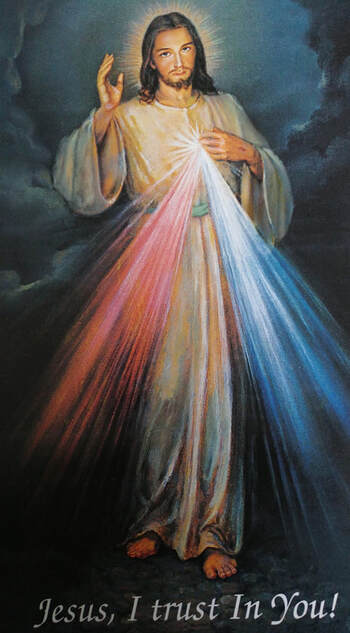Spread the good news
John 20: 11-18
"But Mary was standing outside near the tomb, weeping. Then, as she wept, she stooped to look inside, and saw two angels in white sitting where the body of Jesus had been, one at the head, the other at the feet. They said, 'Woman, why are you weeping?' 'They have taken my Lord away,' she replied, 'and I don't know where they have put him.' As she said this she turned round and saw Jesus standing there, though she did not realise that it was Jesus. Jesus said to her, 'Woman, why are you weeping? Who are you looking for?' Supposing him to be the gardener, she said, 'Sir, if you have taken him away, tell me where you have put him, and I will go and remove him.' Jesus said, 'Mary!' She turned round then and said to him in Hebrew, 'Rabbuni!' -- which means Master. Jesus said to her, 'Do not cling to me, because I have not yet ascended to the Father. But go to the brothers, and tell them: I am ascending to my Father and your Father, to my God and your God.' So Mary of Magdala told the disciples, 'I have seen the Lord,' and that he had said these things to her."

 RSS Feed
RSS Feed